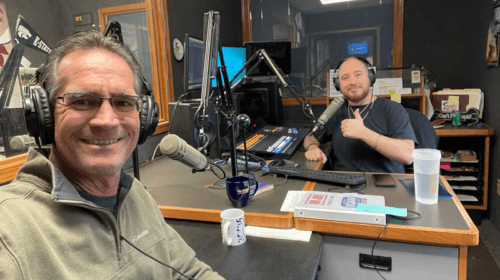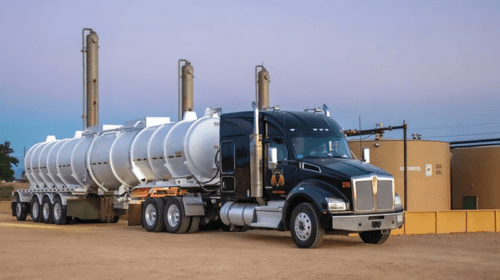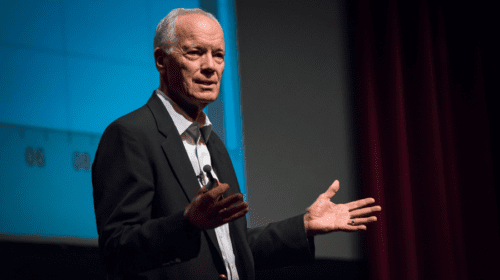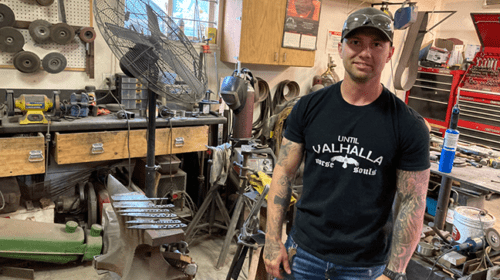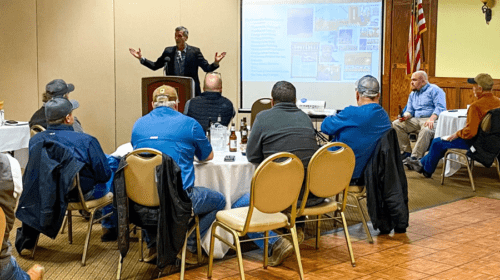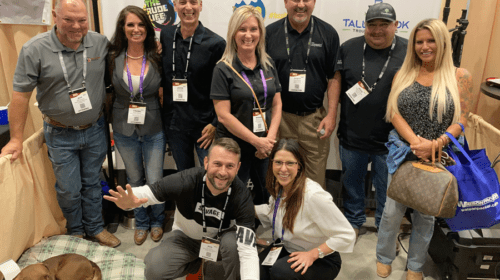Dr. Loren C. Scott, Energy Expert and Economist, gives an economic update from Louisiana. He also comments on the Haynesville shale play.
He expounds on the petrochemical industry, which is adding a remarkable investment to the Gulf Coast.
Scott believes the natural gas industry will see an uptick next year as more pipelines and infrastructure are completed. Currently there is a pipeline bottleneck in natural gas.
Scott believes 2019 is looking better for drillers, however, price will dictate the ultimate outcome. In natural gas, Mexico’s appetite to purchase natural gas and the movement away from coal are two signs for more natural gas involvement in 2019.
Scott comments that 2018 was a year of roller coasters. Prices, projects, regulations, polices and elections created volatile emotions and pricing within the industry, and Scott said that was a big factor in 2018.
Jason Spiess is a multimedia journalist, entrepreneur and content consultant. Spiess has over 25 years of media experience in broadcasting, journalism, reporting and principal ownership in media companies. (Over 30 years experience if you count his adolescent years as a newspaper delivery boy learning the importance and logistics of daily distribution and monthly door-to-door bill collecting.) Spiess has worked in the areas of oil and gas, UAS and precision agriculture, health care, cannabis, agriculture, real estate, government affairs and economic development. Spiess is the host of two radio programs, Building the Bakken and Coffee & Capitalism, and three specialty programs, MonDak OilField Review, Corporate Ink and UnStuck, that carry a radio network that spans five states and two countries. Spiess is a North Dakota native and graduated from North Dakota State University.
Oil and gas operations are commonly found in remote locations far from company headquarters. Now, it's possible to monitor pump operations, collate and analyze seismic data, and track employees around the world from almost anywhere. Whether employees are in the office or in the field, the internet and related applications enable a greater multidirectional flow of information – and control – than ever before.



